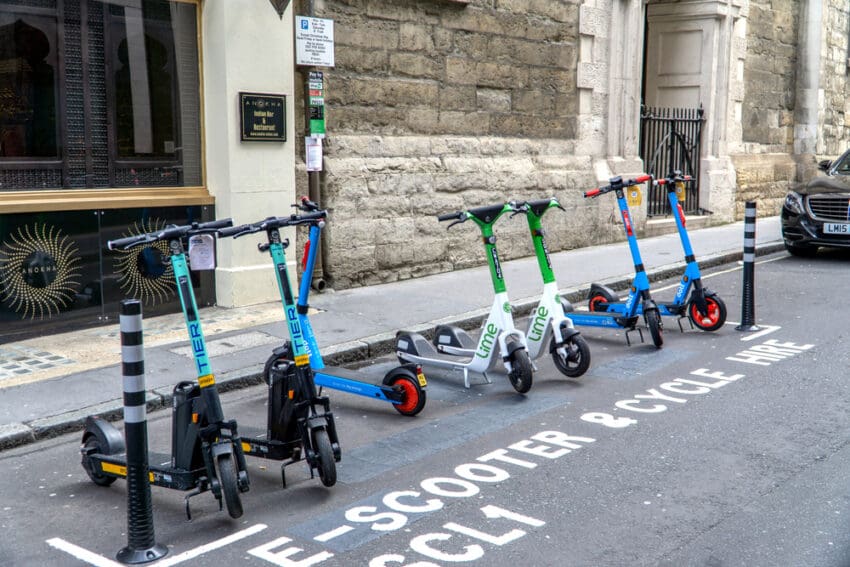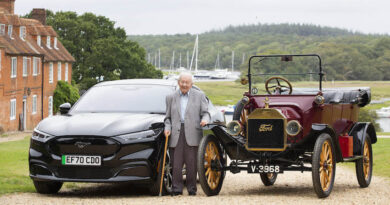TfL considers increasing e-scooter speed limit and lowering age restriction
Transport for London (TfL) is exploring the possibility of raising the speed limit for rental e-scooters and reducing the age restriction for riders, despite concerns over safety, according to a report by London Councils.
The proposed changes have sparked a heated debate, with critics questioning the wisdom of relaxing rules on devices already involved in a number of serious incidents since trials began in 2021.
At present, e-scooters in London are capped at a speed of 12.5mph. However, TfL is reportedly considering increasing this to 15.5mph, aligning with the national speed limit for e-scooters. In addition, the age limit could be lowered to 16, provided the rider holds a provisional driving licence. Currently, operators such as Lime and Voi set their own minimum age limits, which range from 16 to 18.
Safety concerns and geofencing issues
The potential changes come in the wake of mounting concerns over safety. TfL’s data reveals that 35 serious injuries have been reported since the e-scooter trial was launched in 2021, with “serious” defined as requiring hospitalisation or resulting in severe injuries such as fractures or concussions. The London Councils report also highlighted issues with geofencing, a technology that restricts where e-scooters can operate.
Approximately 15% of all e-scooter rides are impacted by geofencing, causing devices to suddenly lose power if riders enter “no-go” or “go-slow” zones. This sudden loss of power has led to dangerous situations for riders, with some boroughs removing geofencing altogether. According to the report, 40% of riders who experience this issue avoid using e-scooters again.
Despite these risks, TfL argues that revising the speed and age limits could help ensure the longevity and competitiveness of the e-scooter scheme. A TfL spokesperson said that the transport authority regularly monitors safety and that any changes would be carefully considered.
Mixed reactions to proposed changes
Critics have expressed strong opposition to the potential relaxation of rules. Sarah Gayton, from the National Federation of the Blind UK, voiced concerns about pedestrian safety, particularly for vulnerable groups such as the blind and visually impaired. “It is insane that rental e-scooters are already terrifyingly fast compared to a walking pace,” she said, arguing that allowing 16-year-olds to use the devices would exacerbate the problem.
Helen Sharp, TfL’s e-scooter trial lead, defended the trial’s safety standards, emphasising that the transport authority is continuously looking for ways to improve the rider experience without compromising public safety. She acknowledged that while an increase in the speed limit has been considered, no changes will be made for the time being.
A wider debate on e-scooter safety
The controversy surrounding e-scooter trials is not unique to London. Earlier this year, Paris voted to ban its fleet of 15,000 e-scooters following concerns over their safety and misuse. The London e-scooter trial, the largest in the UK, was introduced as part of a broader push towards greener transport during the pandemic. Contracts for the devices have now been extended into 2026, meaning discussions about safety, regulation, and their role in urban mobility are far from over.






